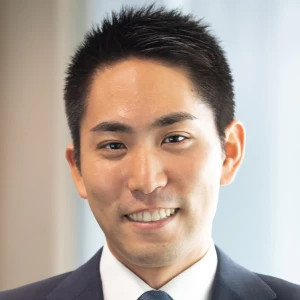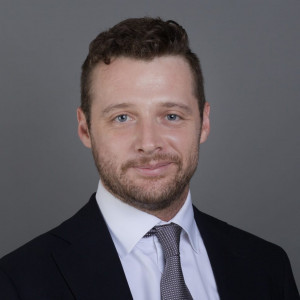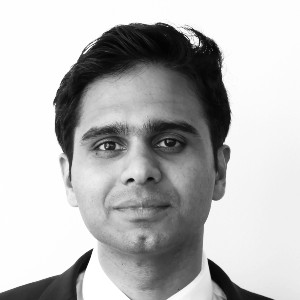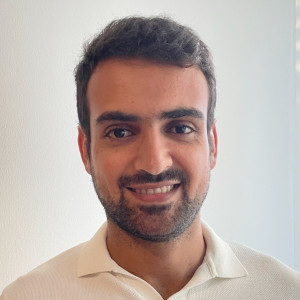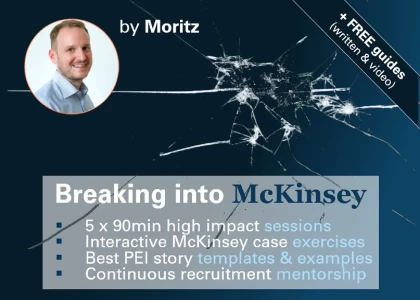Hello,
I am currently in the middle of my second round of interviews for an experienced hire associate role. The first one didn't go too well, in hindsight I could see things I should have done that I didn't. I might be assessing myself on a tough standard but the bottom line is I could have done better with my knowledge.
The only thing in my control now is my last interview, my interviewer will be the most senior amongst all my interviewers so far. Can a great performance in my last interview still land me an offer with the assumption that I messed up the first one?
Another thing that worries me is that I needed 3 sets of first-round interviews to progress to the second round. Could this factor negatively when the decision to extend an offer is being made? Any insights will be much appreciated.






